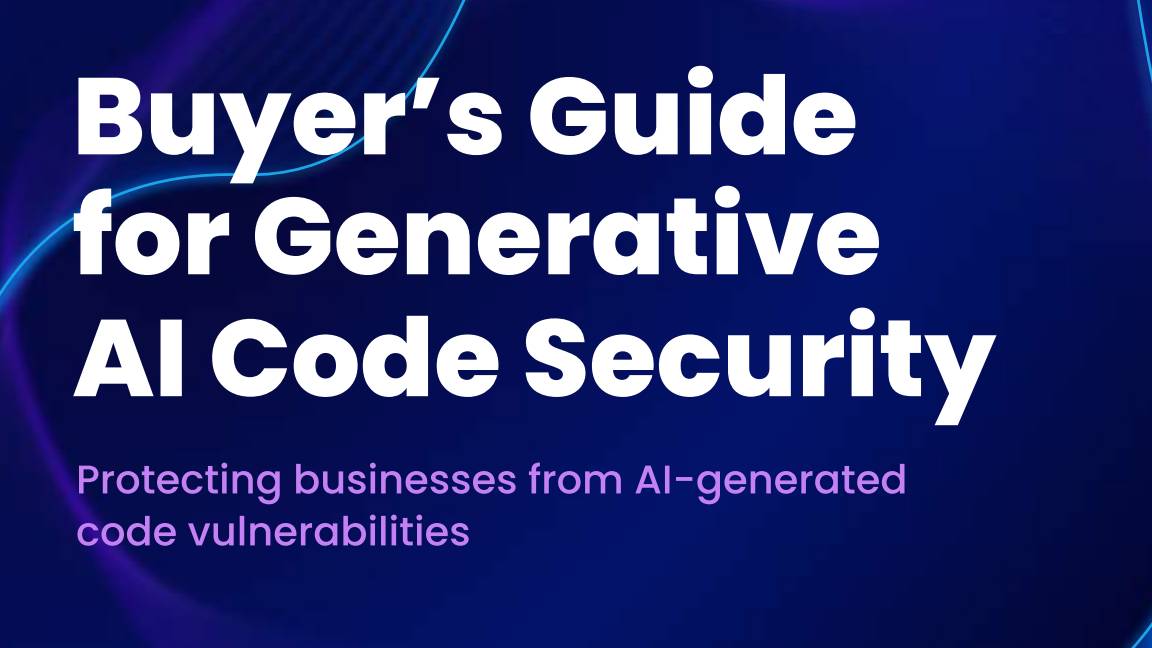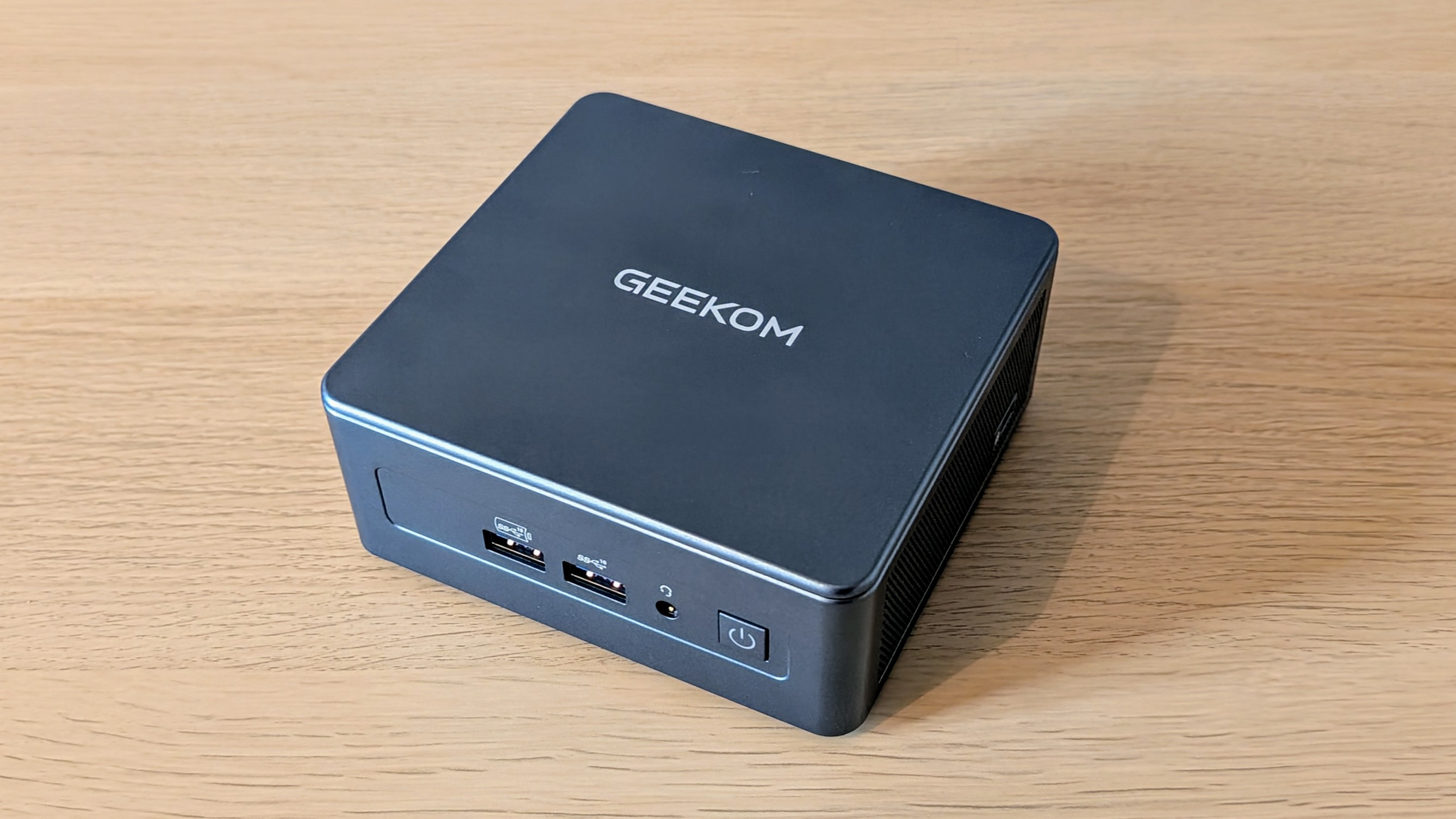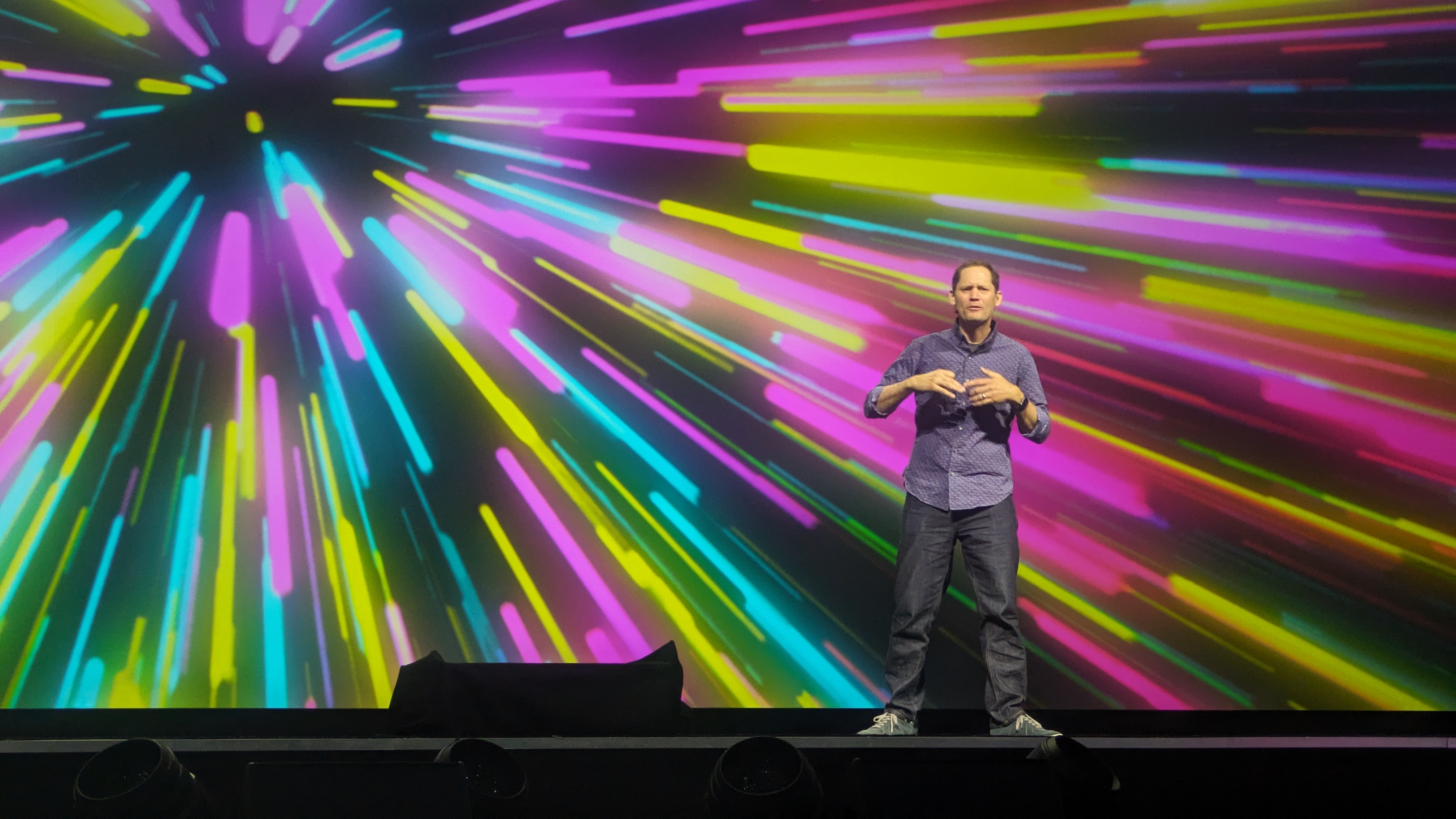Pegasystems goes all the way back to Socrates to transform corporate learning
Socrates, a new generative AI tutor from Pegasystems, will use lessons from the dialogues of the ancient Greek philosopher to transform corporate training


Pegasystems has unveiled the launch of a new generative AI learning tool, dubbed Socrates, at its annual PegaWorld iNspire conference.
Socrates is a conversational chatbot driven by LLM and retrieval-augmented generation (RAG) models that will let clients and partners learn at their own pace, with guidance tailored specifically to their business vertical.
The firm described the new AI tutor as a “radical departure from traditional online corporate learning”.
Speaking ahead of Socrates’ official launch, Kate Lepore, senior director of learning and strategy solutions at Pegasystems, said the tool will address three core issues hindering corporate learning: skills gaps, deploying personalized solutions at scale, and ensuring students can retain and recreate their learnings.
Veering away from traditional online corporate learning, which typically consists of a lecture-style approach, Socrates instead uses an interactive dialogue that adapts to the user in real time to help embed and retain practical knowledge more easily.
The tool’s name is inspired by the Socratic method, where students are instructed through a two-way conversation using open-ended questions, with the aim of the student discovering the answer themselves.
Lepore said this is vital for avoiding common problems with traditional passive training methods, where students fail to retain knowledge, referencing the Hermann Ebbinghaus ‘forgetting curve’ that states an individual will forget 70% of what they learned that day under a passive model.
Get the ITPro daily newsletter
Sign up today and you will receive a free copy of our Future Focus 2025 report - the leading guidance on AI, cybersecurity and other IT challenges as per 700+ senior executives
In an interactive setting where students are encouraged to discover the solution for themselves, this bolsters their critical thinking skills, enabling them to understand how they reached the solution as well as what the answer was, ultimately meaning they can recreate the knowledge more effectively.
As the dialogue progresses, the tutor will adapt its teaching style according to how the student learns best. For example, Socrates will remember if a student reached an answer when guided pictorially, it will retain this information for the next time they engage with the agent.
After initially providing some level of assistance to guide the student in the right direction, Socrates will gradually withdraw its assistance as the student becomes more confident in the subject area, ensuring they are adequately challenged once they get up to speed.
As with any area of specialization, there will inevitably be a normal distribution of competencies across a workforce, and this is where generalized, pre-packaged approach to training fails both the least and most proficient, by not matching the pace at which they want to learn at.
Pegasystems has lofty ambitions with Socrates
Although some could argue naming its generative AI-based tutor after one of Western philosophy’s foundational thinkers certainly reflects rather lofty ambitions, Lepore was clear she believes there is a lot of potential in this approach.
She described the current education and training landscape as one that is in dire need of disruption, and a solution like Socrates is part of that imperative to shake up the training arena.
“If you’re looking at corporate learning with places like Coursera and Skillsoft, across the board everybody is recognizing that the education space and training is ripe for transformation and being disrupted.”
Speaking to ITPro, Lepore added that existing implementations of generative AI in the education and training sectors fail to incorporate this dynamic approach that pushes the student to engage critically with the material.
RELATED WHITEPAPER

“Corporate education programs like Coursera and Skillsoft, what they’re doing is you go through their traditional content in its existing format and you can have a tutor to ask questions about it, but it’s still presented in the original format,” she explained.
“Or they’re giving you the ability to get a more guided path but what it’s really doing is saying, ‘here’s my interest and I just want a two-hour course for something and it’s serving it up. We don’t think that’s the full on capability and maximizing what you can do with genAI.”
Lepore was bullish on the role a system like Socrates will have in the future of how we learn, stating this will be a vital part of Pegasystems’ target to drive a 50% boost in developer productivity.
She noted the solution lines up with predictions made by both Microsoft founder Bill Gates and Sal Khan, founder of Khan Academy, about how generative AI will change education in the next five to ten years.
With Socrates, Pegasystems appears to be ahead of the pack on using generative AI to meaningfully transform corporate training. The tool is available now in 10 languages through Pega Academy, and will also be integrated into Pega Flex, its hybrid learning platform that combines instructor-led training with online content in Pega Academy.

Solomon Klappholz is a former staff writer for ITPro and ChannelPro. He has experience writing about the technologies that facilitate industrial manufacturing, which led to him developing a particular interest in cybersecurity, IT regulation, industrial infrastructure applications, and machine learning.
-
 Geekom Mini IT13 Review
Geekom Mini IT13 ReviewReviews It may only be a mild update for the Mini IT13, but a more potent CPU has made a good mini PC just that little bit better
By Alun Taylor
-
 Why AI researchers are turning to nature for inspiration
Why AI researchers are turning to nature for inspirationIn-depth From ant colonies to neural networks, researchers are looking to nature to build more efficient, adaptable, and resilient systems
By David Howell
